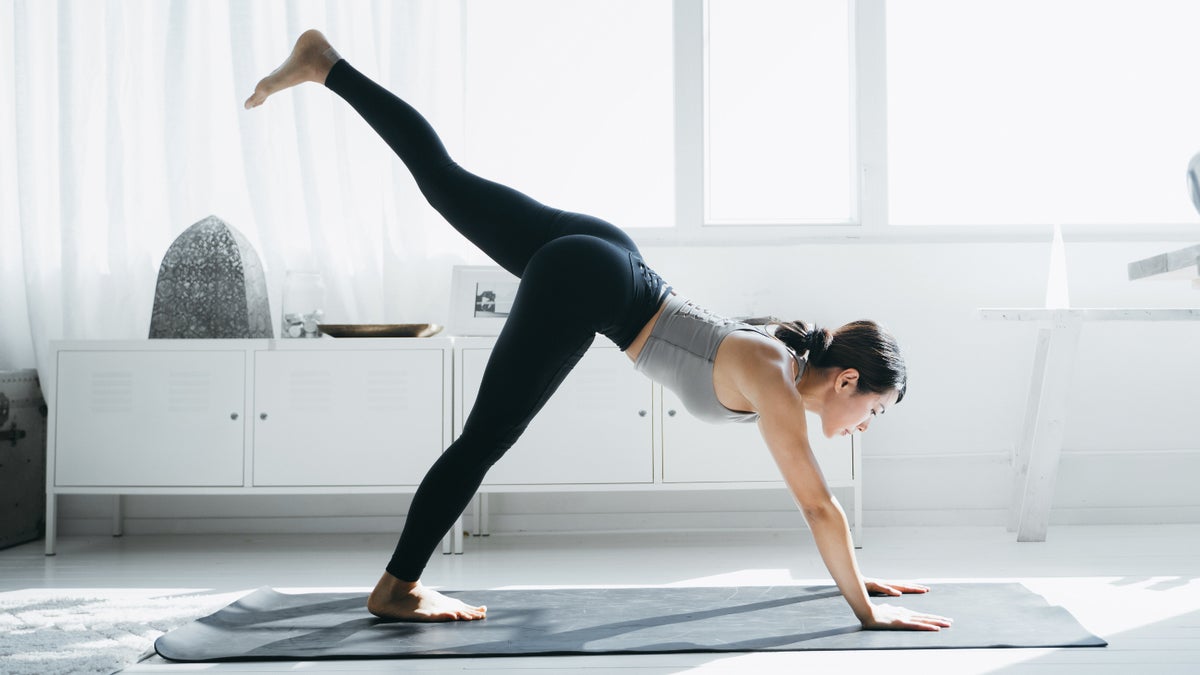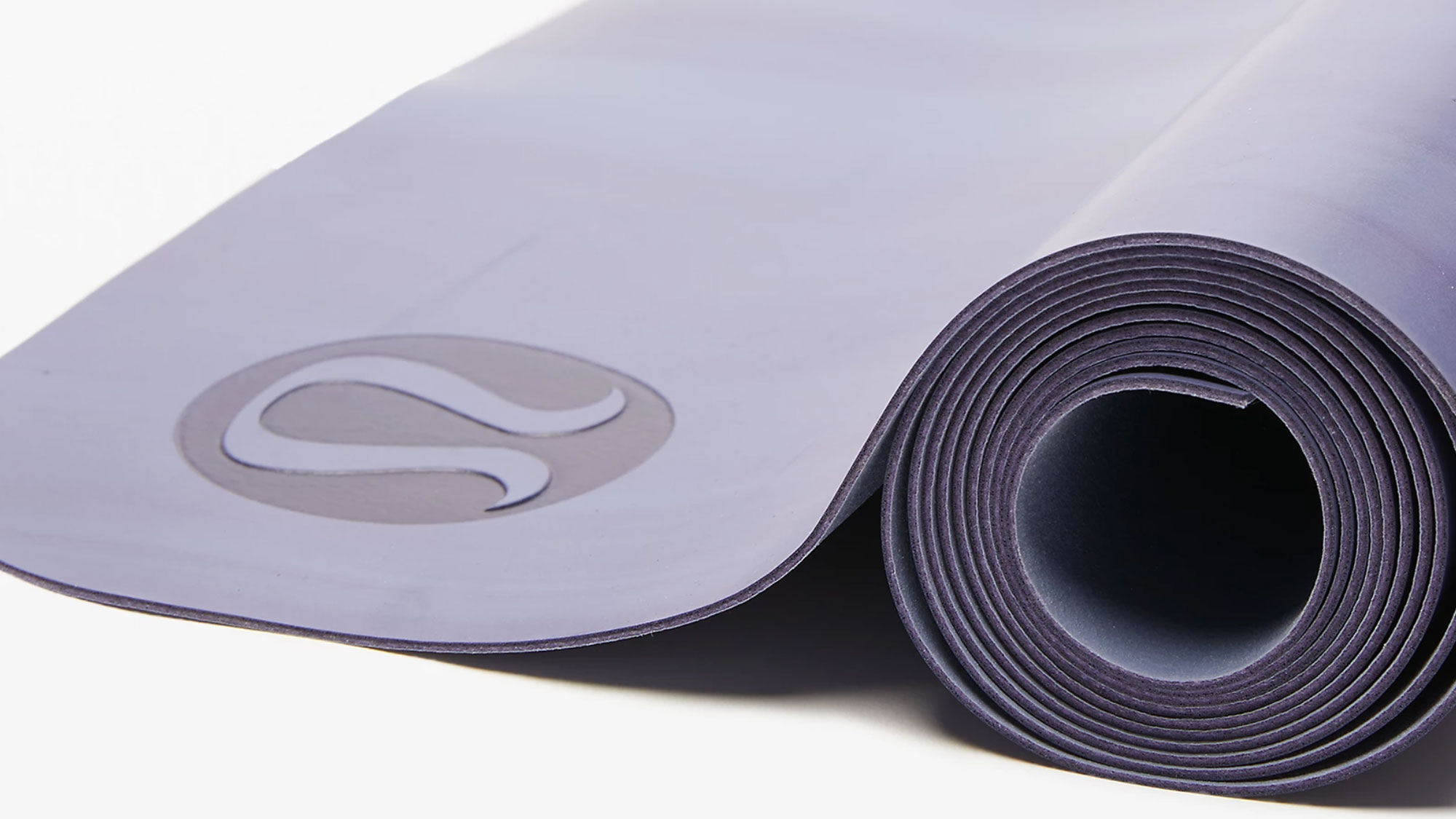
Yoga for cancer patients can have many benefits. However, yoga poses some risks. Patients with cancer are more likely to sustain injury or fracture from these side effects. These side effects include hyperventilation, which has been associated with earlier pneumothorax. Additionally, patients suffering from lung cancer and lung metastases have a higher risk of developing pleural fluid. However, no studies have directly linked yoga to these risks.
Side effects of yoga for Cancer
Yoga has many benefits and may be an excellent complementary treatment for cancer patients. It can help patients lower stress levels, improve blood pressure and breath, and increase their overall strength. Some studies show that yoga may help relieve symptoms of heart disease, diabetes, asthma, and other conditions. However, yoga should never be used as a replacement for medical treatment for cancer.
Exercise can reduce the side effects of chemotherapy, including sleep dysfunction and mood disruption. Women with cancer often experience pain and fatigue from chemotherapy, which can make physical activity difficult. Yoga is a gentle, low-impact form of exercise that can be modified for each patient's condition. Patients must be advised to avoid exercises that may increase their risk of fracture, particularly those requiring intense physical effort. Although there are no studies specifically investigating yoga for cancer patients, yoga has been shown to improve overall fitness and health in healthy populations.

Mechanisms of action
Yoga has several positive effects on the human body, including the reduction of stress hormones. It also regulates HPA axis which regulates immune system. This can reduce stress related to cancer and increase the immune system's response. Yoga is not only good for your physical health, but it can also improve your sleep quality and reduce fatigue.
A number of studies have demonstrated that yoga reduces stress and improves health-related quality of life. Studies have shown that yoga can reduce cortisol levels, and increase natural killer cells. Research shows that yoga is known to decrease fatigue, among other symptoms.
Evidence
There is no evidence to support yoga for cancer. Most studies of yoga for cancer focus on women who have had breast cancer or are currently undergoing treatment. These studies demonstrate that yoga can have positive effects on patients’ physical and psychological symptoms. It is difficult to prove that yoga can help cancer patients at the end of their lives.
Researchers looked at the literature regarding yoga and cancer to help them assess its potential benefits. A medical librarian searched 10 databases for literature. These databases included AgeLine and AMED (the British Nursing Index), CINAHL [the Cochrane Central Register of Controlled Trials], EMBASE (for research about yoga), PEDro, PsycINFO, and SPORTDiscus for RCTs. The search terms were based both on publications and free-text terms related yoga.

Analyses of subgroups
Subgroup studies of yoga for cancer revealed some modest but important improvements in functional wellbeing in breast cancer patients. The primary outcome, physical function, was associated with a decrease in symptoms of cancer and functional impairment. The primary outcome, physical function, was associated with higher levels of satisfaction and better social functioning.
A meta-analysis of six RCTs showed that yoga was associated to improved overall health and fatigue scores in comparison to the control groups. There was no difference in the length of improvement between yoga and control groups.
FAQ
Do I have to take classes with other students?
This is dependent on the class. Some teachers only offer private lessons. Others offer classes for students who want to meet others in the class.
Some studios even offer small groups called "classes within a class," where you'll be paired with another person who shares similar interests and goals.
Are yoga mats necessary?
Not necessarily. Many studios offer mats for students. These mats are usually made of rubber and are easy to clean.
You could also opt to buy your mat. A high-quality mat will last many years.
There are many kinds of yoga.
Bikram yoga (Bikram heated) is the most well-known type of yoga. Other forms include Hatha, Ashtanga, Vinyasa, Iyengar, Kundalini, Yin, Power Yoga, Flow Yoga, Reiki, Pilates, Restorative, Aerial, etc.
What happens if I stop doing yoga?
After a while, it's normal for people to lose interest in a particular activity. However, your body may become stiffer if you stop practicing yoga regularly. Poor posture, lack exercise, and simply ageing can cause stiffness.
You might consider taking a few more classes if your flexibility becomes less apparent over time. It's important to maintain a regular routine. Exercise is good for your bones and muscles. Make sure you get enough sleep, and eat right.
Statistics
- The people in the yoga group were 37 percent more likely to have quit smoking by the end of the 8-week program. (nccih.nih.gov)
- The American Psychological Association recently shared that 84% of American adults feel the impact of prolonged stress (5). (healthline.com)
- About one in seven U.S. adults practiced yoga in the past 12 months, according to a 2017 national survey. (nccih.nih.gov)
- In comparison, a 125-pound person is estimated to burn 135 calories in 30 minutes of walking (at a pace of 15-minute miles) and 210 calories bicycling at a moderate pace on a stationary bike. (everydayhealth.com)
- Start your Fall off right with 20% off All Access Membership when you sign up by 9/25! (corepoweryoga.com)
External Links
How To
What can yoga do for your menopause symptoms
Yoga, an ancient practice, originated in India. It focuses primarily on stretching, breathing and meditation. It has been used to stay fit for thousands upon thousands of years. It is becoming increasingly popular as people look for ways to stay fit and healthy in times of stress and illness.
Yoga is about using postures (asanas), in order to stretch muscles and improve flexibility. This helps relieve tension as well as build strength and stamina.
There are many types of yoga: Hatha, Vinyasa flow and Bikram. Each type focuses only on certain aspects of your body, like breathing, stretching, and relaxation.
All forms of yoga have the same goal: to restore balance within the body as well as the mind. Yoga offers many benefits including better fitness, weight loss (weight loss), improved sleep quality and increased energy.
Many studies have shown yoga to be effective in treating anxiety, depression and insomnia. There is not much evidence to support its effectiveness in treating other health conditions, such as those related to menopause.
Yoga not only makes you happier but also helps you relax and manage stressful situations. This can be useful for women going through menopause.
Important to remember that yoga can cause muscle pain after exercise. Therefore, it is advisable to start with a low intensity level. If you have concerns about your current condition or are unsure whether you would benefit from yoga, speak to your doctor before starting.